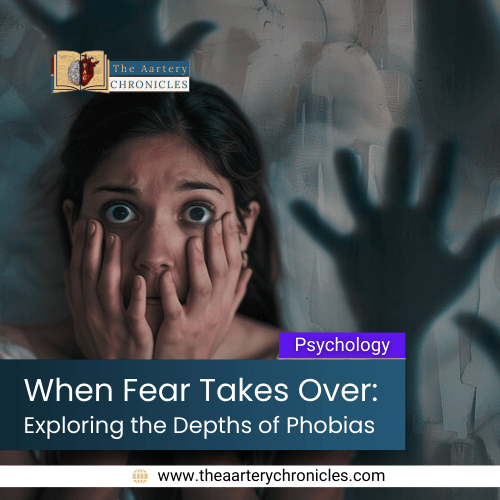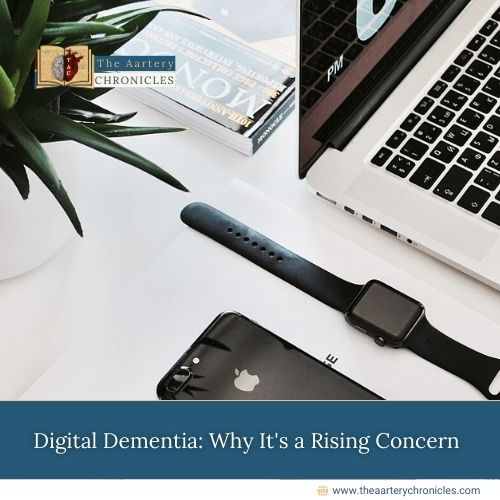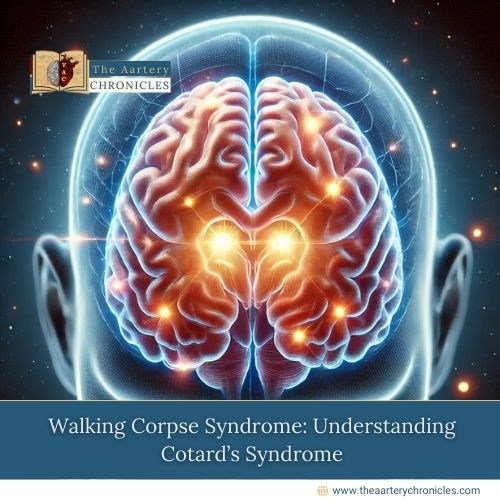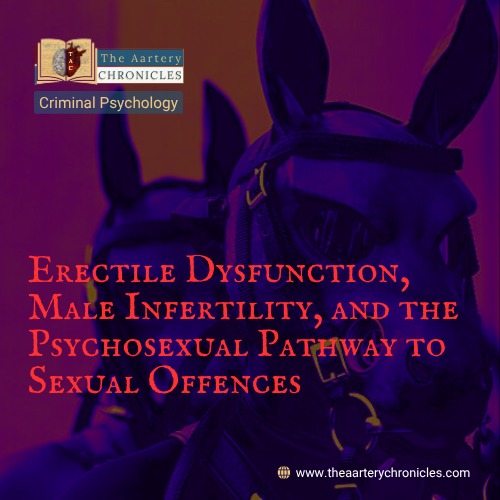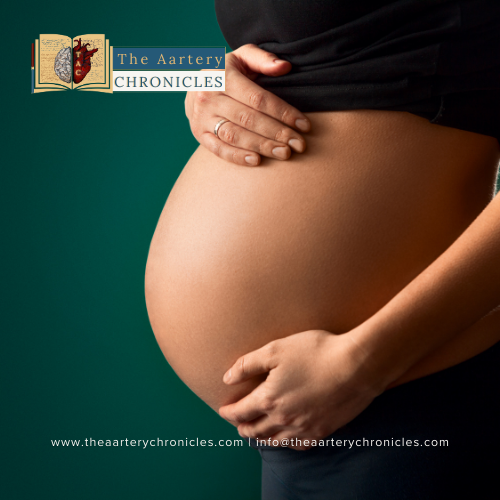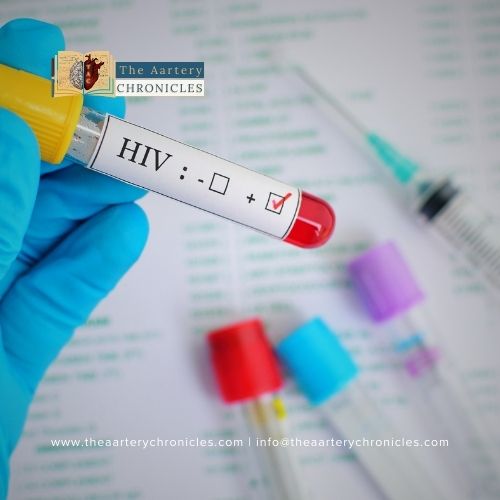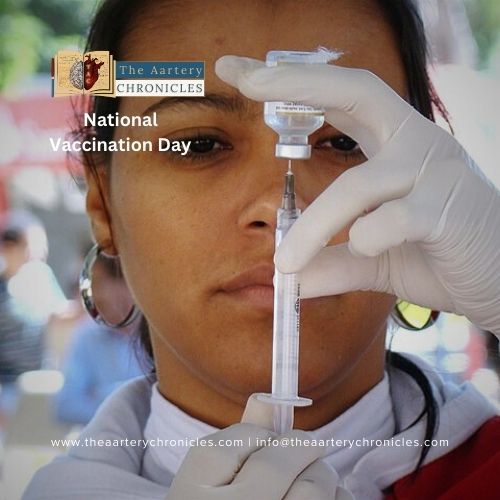
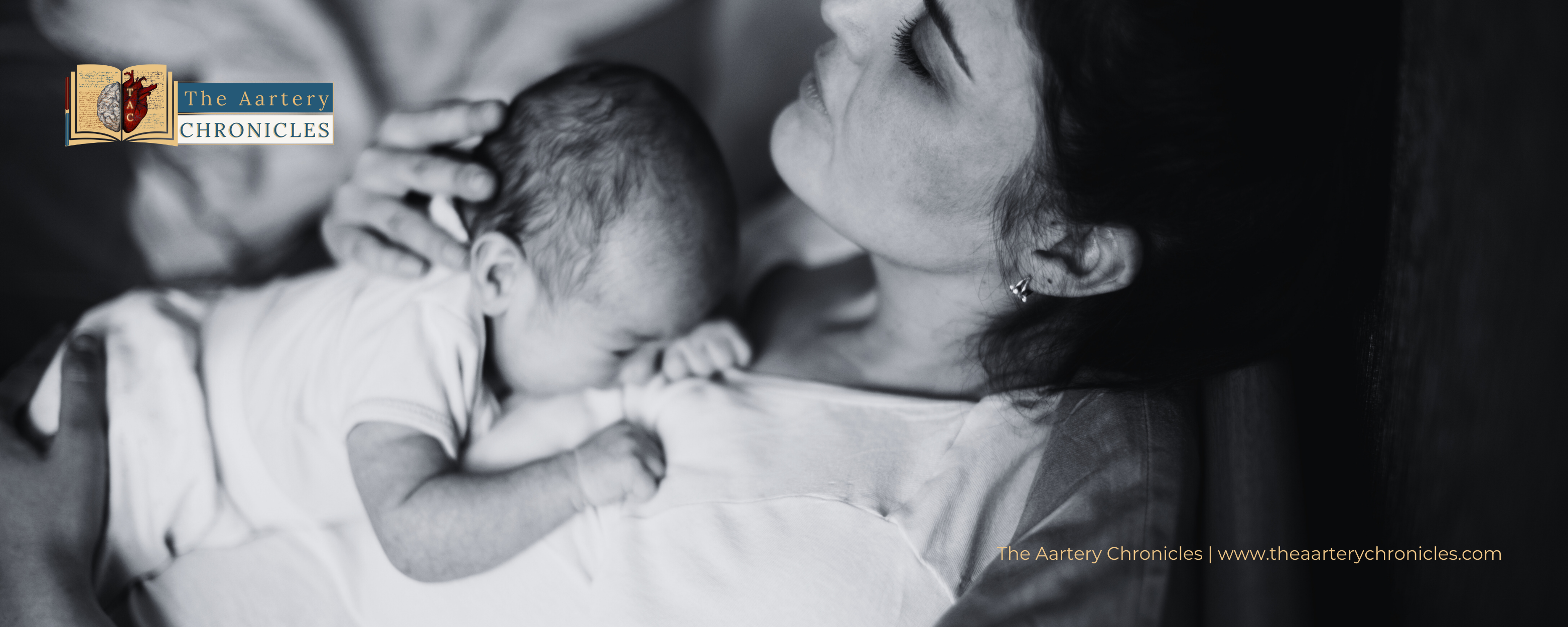
Understanding and Managing Postpartum Depression: Causes, Symptoms, and Treatment
What is Postpartum Depression?
Postpartum depression, also known as postnatal depression, is a severe condition that arises after giving birth. It’s characterized by enduring feelings of sadness, emptiness, guilt, hopelessness, and notably, a lack of interest in the baby. This condition typically emerges within one week to one month post-childbirth but can commence at any point during the first year.
It refers to a complex combination of emotional and behavioural changes in women after childbirth.
Hallucinations of hurting the baby or the thoughts of hurting the baby or yourself make it a matter of grave concern and warrant immediate medical intervention.
A recent Amazon web series named ‘Adhura’ has showcased the character ‘Supriya’ suffering from postpartum depression. One day under the influence of a depressive episode and an overwhelming desire for silence, Supriya gave in to a dreadful instinct and ended up drowning the child while bathing him.
Types of PPD
- Baby blues include mood swings, frequent crying spells, sad feelings, and loss of appetite. It usually goes away within a few days or a week.
- Postpartum depression has mild to severe symptoms that need treatment
- Postpartum psychosis is a rare and very severe form of PPD with symptoms of confusion, agitation, hallucinations, delusions, and suicidal thoughts
The majority of women are known to experience ‘baby blues’ after giving birth, which are typically comprised of anxiety, insomnia, crying spells, and mood swings. Baby blues may start within the initial days after giving birth and may last anywhere between 1 to 2 weeks. Baby blues are known to be self-limiting.
Postpartum depression can occur or affect people irrespective of gender, or sexual identity. Occasionally if the depressive episodes begin during pregnancy and last even after giving birth then it is termed peripartum depression.
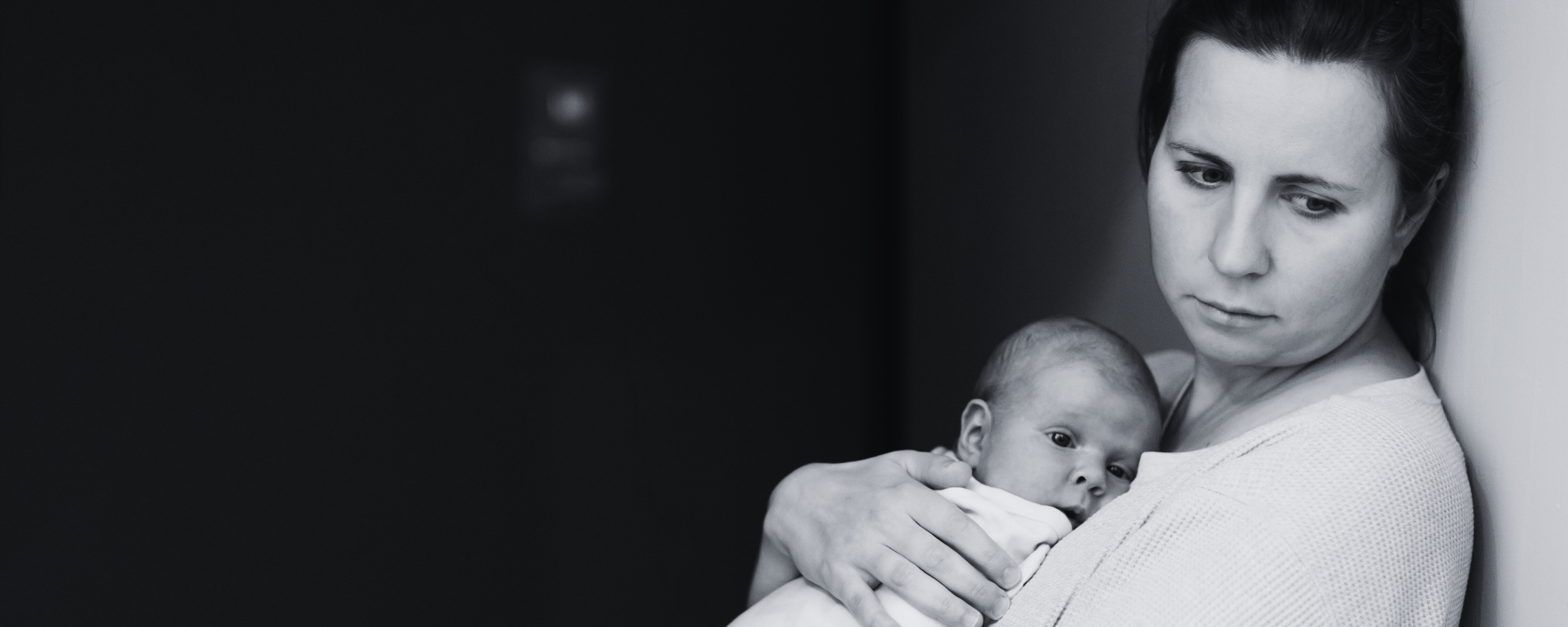
What are the causes of PPD? Who is at higher risk?
The birth of the child is a complex and exhausting process. The mother has to go through multiple phases of physical, emotional, and hormonal changes throughout pregnancy. Approximately one in seven women are believed to develop postpartum depression.
Some of the factors that can raise the chances of developing PPD involve family history, prior history of depression, children, twins or triplets, marital conflict, living alone, etc.
Postpartum Depression’s precise cause is not known yet. However, it has been observed that hormonal or psychological, genetic, and social life stress can contribute to the development of PPD. Reproductive hormones are also known to play a vital role in causing such disorders. Studies suggest, that hormones such as oxytocin and prolactin influence the pathogenesis of PPD.
Bisexual mothers (lesbians) and surrogates have a higher susceptibility to postpartum depression (PPD). It can also affect males after childbirth due to decreased levels of testosterone, prolactin, and estrogen, potentially resulting in reduced bonding with the infant.

What are the signs and Symptoms of PPD?
The most prevalent signs and symptoms of Postpartum depression may include:
- The feeling of guilt or worthlessness
- Low energy levels and fatigue
- Suicidal thoughts
- Changes in appetite and body weight
- Hypersomnia or insomnia
- Impairment in concentration
- Depressed mood
- Loss of interest in the baby
- Agitation
Severe cases of PPD may also have psychotic symptoms including hallucinations and delusions often hearing voices that order to harm infants. PPD can affect overall health and well-being. This includes poor bonds between the mother and the infant, negative parenting practices, breastfeeding failure, and marital discord. This may have serious outcomes on the psychological and physical development of the child.

Management Of PPD
Treatment varies based on the severity of symptoms, encompassing medication options such as antianxiety or antidepressants, psychotherapy (like talk therapy or cognitive behavioural therapy), and the crucial support of friends and family.
If you experience any symptoms, don’t panic; you’re not alone. Approximately 15% of women suffer from PPD. Reach out for help, ensure you have good food, take time to rest, and talk to friends to cope with the blues you’re experiencing.
Numerous case studies demonstrate that depressed postpartum women can derive benefits from treatment. The postpartum nurse or primary care physician should acknowledge and closely track depression in pregnant women. These individuals need access to treatment information and support. Some may benefit from therapy sessions, while others might need referrals to psychiatrists for treatment. Given the substantial morbidity associated with postpartum depression, prioritizing PPD prevention becomes essential.
The FDA approval for the oral drug for Postpartum Depression:
The first oral treatment for PPD, Zurzuvae (zuranolone), has been approved by the US Food and Drug Administration. Two randomized trials that demonstrated Zurzuvae’s efficacy for the treatment of PPD in adults led to the drug’s approval. Women who took Zurzuvae as part of the randomized control study experienced an improvement in their symptoms.
Recommended Dose: The suggested daily amount for Zurzuvae is 50mg, to be consumed once daily, with a fatty meal in the evening, for 14 days.
Take Away message:
Addressing postpartum depression (PPD) requires a thorough understanding of its underlying factors, just like any other psychological condition. It is essential for healthcare professionals to conduct comprehensive assessments of expectant mothers and couples contemplating pregnancy. This evaluation should encompass a detailed clinical and psychological history, including past gynecological, medical, and surgical experiences, as well as drug and allergy histories. Furthermore, it is crucial to explore the family history on both the maternal and paternal sides, and consider the social context of the individuals involved.
It is important to emphasize that PPD can affect not only mothers but also fathers, highlighting the need for appropriate counselling and support for both parents. Recognizing that a healthy family environment is vital for the well-being of both parents and their baby, a holistic approach to care is essential.
– Dr Darshit Patel, MD General Medicine

Author: Ms. Sanika Pande
Reviewed by Dr Aarti Nehra


